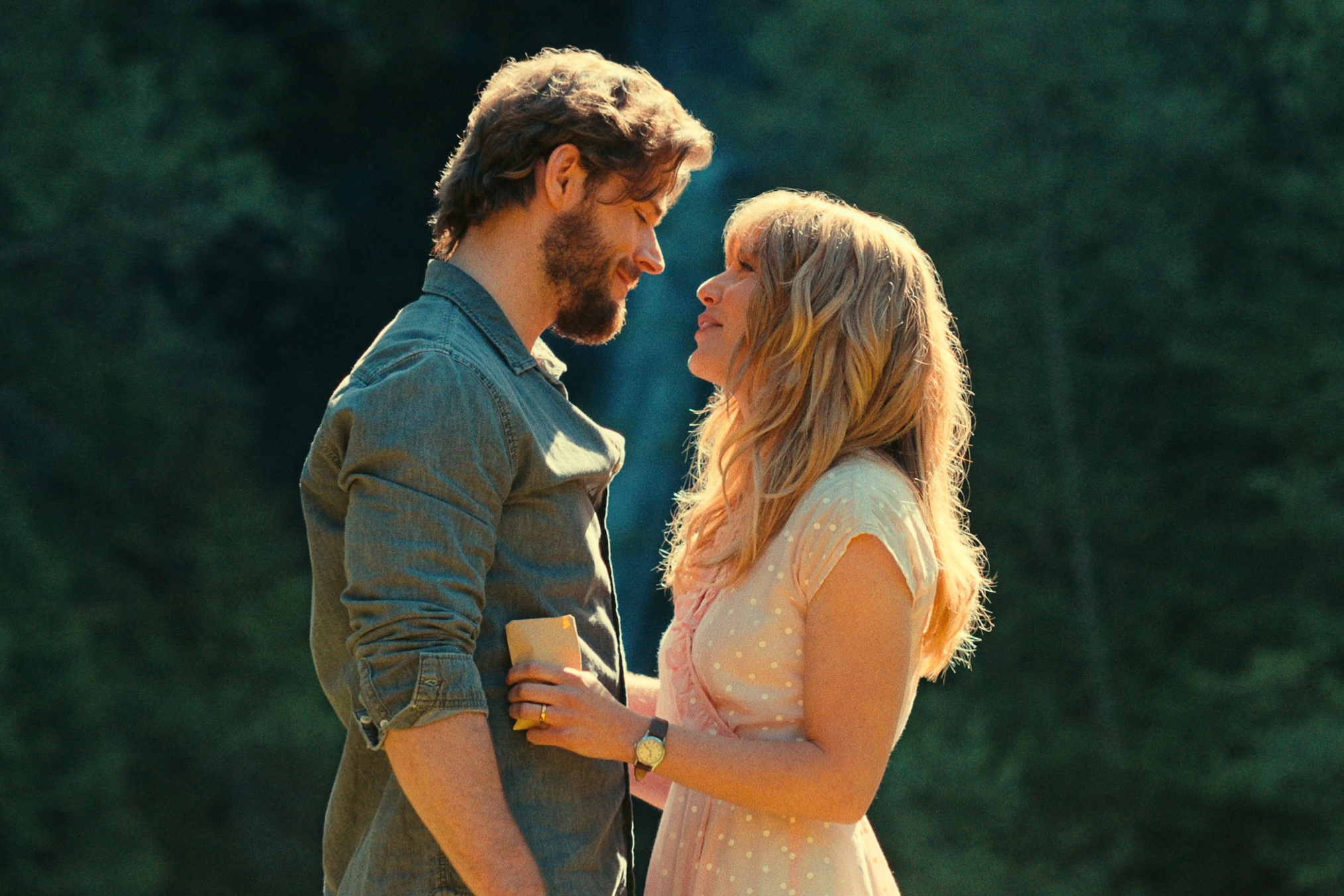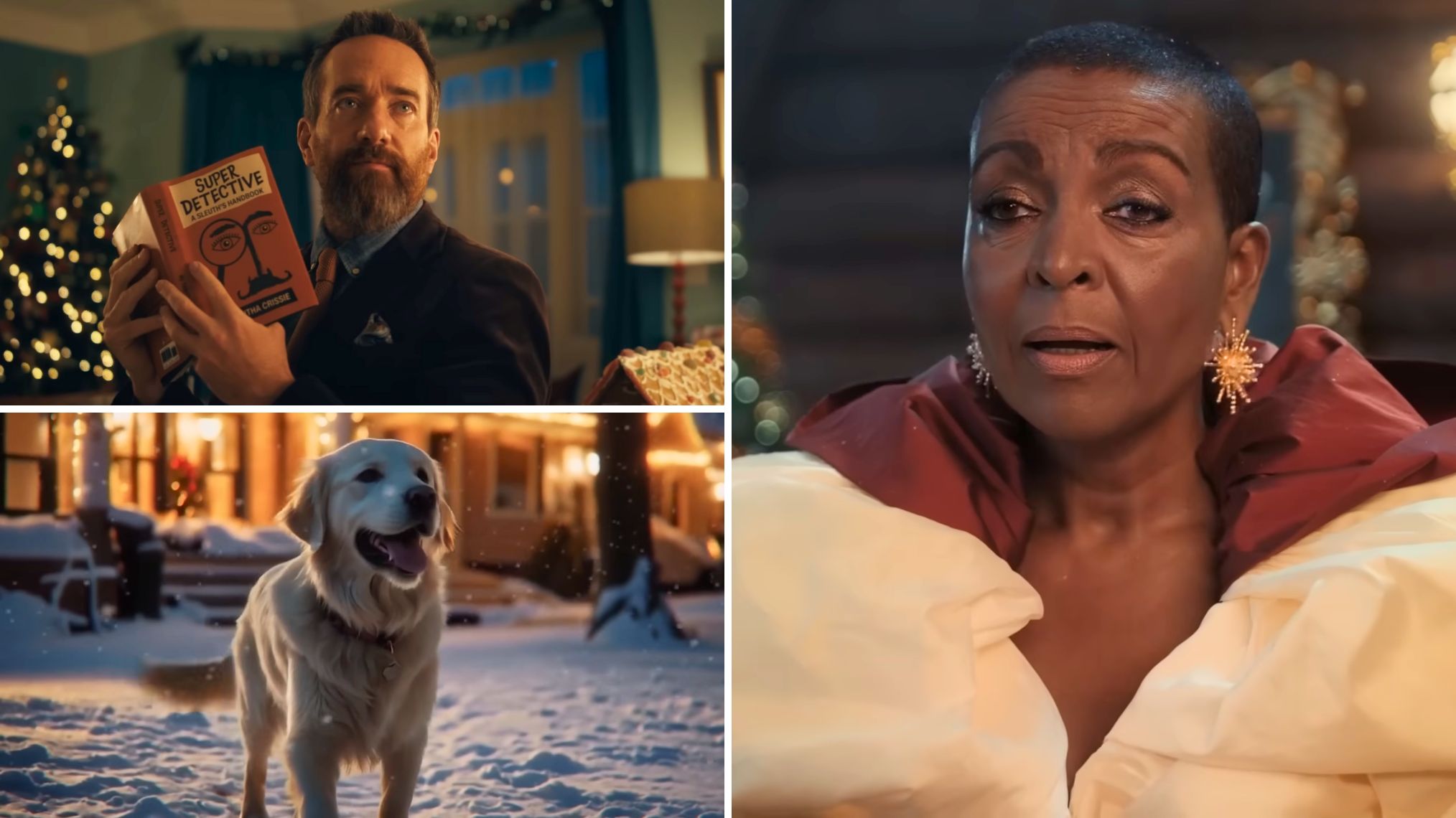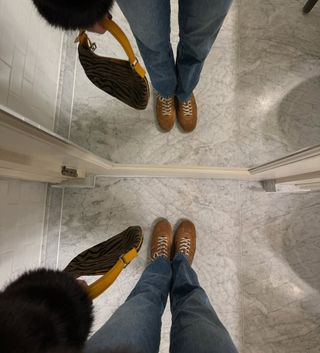
Imagine being in the biggest band in the world and then having it all end in an instant. Add in the fact that you’ve just lost one of your closest friends and someone who was an immense talent, and that’s the position that drummer Dave Grohl found himself in after the death of Kurt Cobain in 1994.
Initially, Grohl retreated from music altogether, but it turned out that music was what eventually brought him out of his depression over the death of Cobain. “How can I explain it,” pondered Grohl to Mojo. “If you have someone that’s close to you, a family member or someone that you love, and they disappear or pass away… Imagine walking into their bedroom full of things every day. That’s exactly how playing music felt to me, because that was my whole world. It was difficult to listen to music, whether it was Ry Cooder’s soundtrack to Paris, Texas, or [Metallica’s] Ride the Lightning. I had to disconnect. And I couldn’t imagine getting up there and playing the drums with someone, and not thinking about Nirvana. I think about Nirvana every time I sit up to play the drums.”
The drummer recalls, “After Nirvana, I wasn’t really sure what to do. I was asked to join a couple of other bands as the drummer, but I just couldn’t imagine doing that because it would just remind me of being in Nirvana.” But as he told Classic Rock magazine, “When I was young, someone played me the Klark Kent record that Stewart Copeland had done. I thought how cool that he could make a record and people can listen to it objectively because it wasn’t Stewart Copeland from The Police, it was Klark Kent. That’s kind of what I wanted to do. There were some songs I’d recorded in my friend’s studio while Nirvana was still a band and an independent label in Detroit wanted to release something.”
And while he had some material that had been sitting for some time, other songs came fresh and fast when he finally decided to record for the first time after Cobain’s death. “A lot of those songs were written while I was still in Nirvana, or just before Nirvana,” says Grohl. “The idea wasn’t to form a new band and start over; it was to go down to the studio, down the road, and book six days, which is the most time I’d ever spent recording music of my own. To me it seemed so professional. I wanted to start a label on my own, release the album with no names on it, no photos, call it Foo Fighters so people thought it was a band.”
So quietly and with little fanfare, Grohl booked studio time at Robert Lang Studios in Seattle, ready to get back into the flow of music again. And he was determined to work it out on his own. Grohl played drums, bass, guitar and sang on the band’s self-titled debut disc, with only pal Barrett Jones handling the production and Afghan Whigs vocalist Greg Dulli, who happened to be in the studio at the time, lending a guest guitar part on “X-Static.”
“He’d do a whole song in about 40 minutes,” recalled Dulli to Rolling Stone. “I was completely fascinated by it. He could do it because he has perfect time. He’d lay down a perfect drum beat and work off that. He’d play drums, run out and play bass, and then put two guitar layers over the top and sing it. I was just watching him record, and he asked me if I wanted to play. I didn’t even get out of my chair. He just handed me a guitar.”
Oddly enough, the one place where Grohl was not confident was on the vocals. He told My Brilliant Career, “I was insecure about my voice. You know how people double their vocals to make them stronger? That album the vocals are quadrupled. I didn’t want to be a lead singer, I couldn’t f–king sing.” But as we now know, he got more confident over time.
Eventually Grohl finished his project, but still protective of the work, he only made a small amount of cassette copies and starting handing them out to friends and a few people who showed interest in his work, and eventually started to garner some label interest. One of the first people to take an interest was Eddie Vedder, who debuted the song “Exhausted” on his Self-Pollution pirate radio show. Eventually, the band signed a deal with Capitol with Grohl also getting his own Roswell Records off the ground.
But Foo Fighters was still a one man project and touring would be required, so Grohl snagged Sunny Day Real Estate bassist Nate Mendel and drummer William Goldsmith, both newly free after a down period for their band. And rounding out the group was Pat Smear, a late-era addition to the Nirvana lineup on guitar.
After a mixing touch up at The Shop studio in Arcata, Calif., Foo Fighters’ self-titled debut was finally ready for mass consumption. On July 4, 1995, the album arrived in stores, but not without a little controversy. The disc arrived with a photo of a space-like gun on the cover, which some took as poor taste given how Cobain died. But Grohl stated, “People kind of freaked on that. You know, honestly, that never came to mind once. Obviously it didn’t because if I thought people would associate that with that, I never would have done it.” Instead, the gun was meant to tie into the theme of the name Foo Fighters and Grohl’s Roswell record label, both nods to flying objects and space.
Just prior to the release, “Exhausted” began to get some play as a promotional single. The track was a holdover from Grohl’s time in Nirvana. He told Mojo that he learned from Pat Smear that Cobain loved ‘Exhausted’ and had considered recording it for the band, but didn’t want to ask Grohl if he could change lyrics or replace his vocals. The song, filled with heavy distortion, was a favorite during the early years of the band’s touring. And while the tune never really took off, another song certainly did.
The hard rocking “This Is a Call” came crashing out of the gate as the band’s first major hit. The song is one of the few Grohl penned after Cobain’s death and was meant as an introductory track. “The chorus says ‘This is a call to all my past resignation.’ It’s just sort of like a little wave to all the people I ever played music with, people I’ve been friends with, all my relationships, my family. It’s a hello, and in a way a thank you,” said Grohl to Headwires. He also told Kerrang,”I felt like I had nothing to lose and I didn’t necessariiy wanna be the drummer of Nirvana for the rest of my life without Nirvana. I thought I should try something I’d never done before and I’d never stood up in front of a band and been the lead singer, which was f–king horrifying and still is!” The song would top out at No. 6 on the Mainstream Rock Chart, and would also be the first track the band ever played on The Late Show on David Letterman.
Foo Fighters would keep things going with “I’ll Stick Around,” a high energy, melodic rocker that captured the ears of listeners. The song would become a fan favorite and peaked out at No. 12 on the Mainstream Rock Chart. The group would also shoot their first music video, calling upon Devo’s Jerry Casale to direct the clip.
“For All the Cows” would get a look, but little radio play upon its release in November of ’95. The track was only released as a single in the U.K. and the Netherlands, but still has become one of the deeper track favorites of fans over the years. And that song would eventually give way to one of the poppiest tracks the band would ever record — “Big Me.” The little ditty really took off after the Jesse Peretz-directed video hit MTV. The clip featured the band spoofing the Mentos “fresh mint” advertisements, and would eventually be nominated for five MTV VMAs. Of those nominations, they would win the Best Group Video. But the video’s popularity had an unexpected side effect, as fans began pelting the band with Mentos during shows. “We did stop playing that song for a while because, honestly, it’s like being stones. Those little … things are like pebbles – they hurt.”
Finishing out the releases off the album was “Alone + Easy Target,” a promotional single that arrived in 1996. This was another track that dated back to Grohl’s time with Nirvana, often being jammed during soundchecks for the band in 1991. The original demo version would be released as part of Foo Fighters’ Songs From the Laundry Room Record Store Day release in 2015.
“This band has the feeling of being fresh and exciting,” Grohl told Rolling Stone. “You don’t know exactly where it’s going to take you. That was one of the greatest feelings about 1991 — we had no idea what was going to happen. The ‘Nevermind’ tour just felt like everything was going to pop. I’d have numerous panic attacks. It was so cool to be that close to going insane yet somehow not. I really thought every time I sat down on the drum stool that it would be the night where I fainted onstage. It was all so hilarious. It wasn’t supposed to happen, and it did.” He added. “One of the saddest things is that it can never happen again, but the greatest thing is that it did.”
Foo Fighters Albums Ranked























